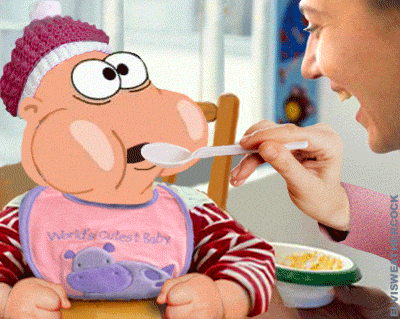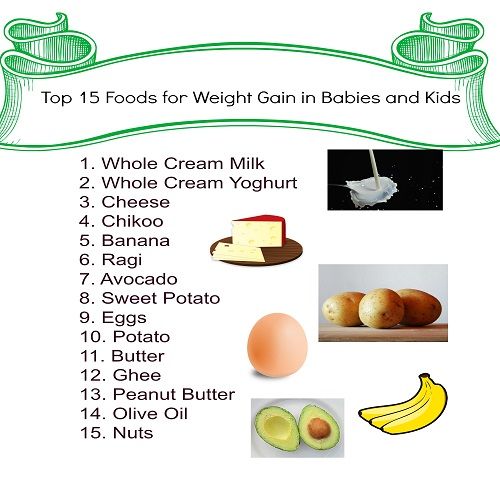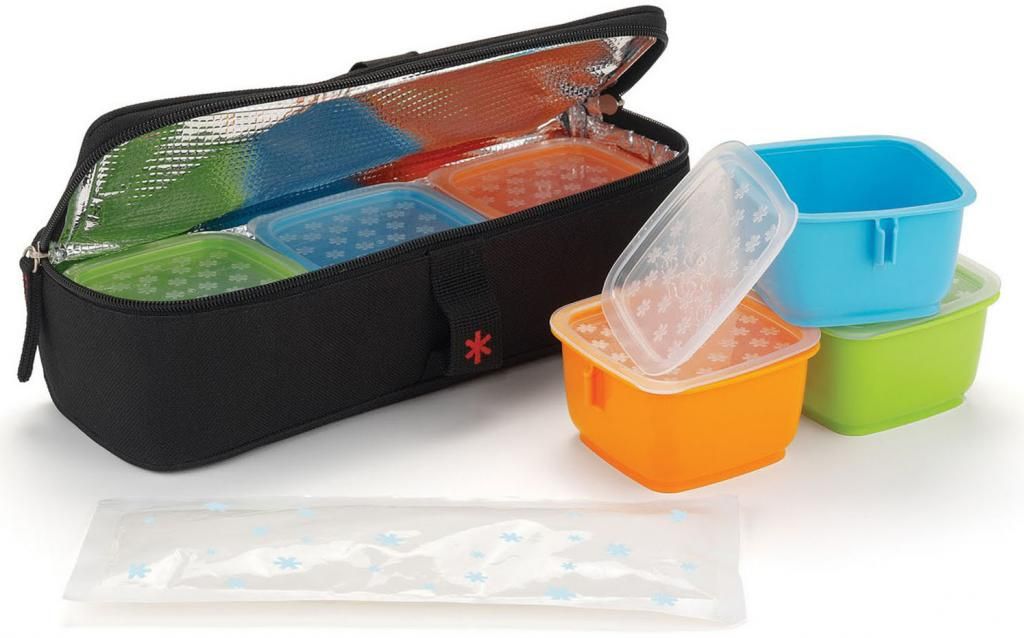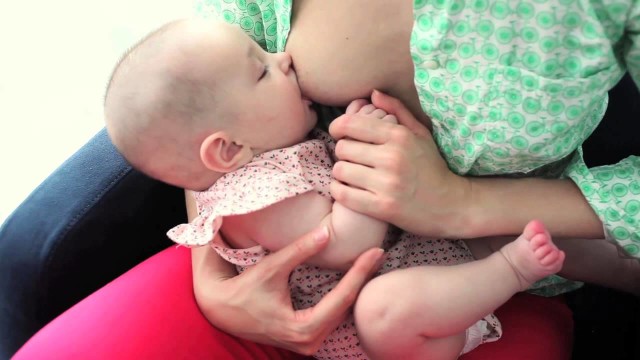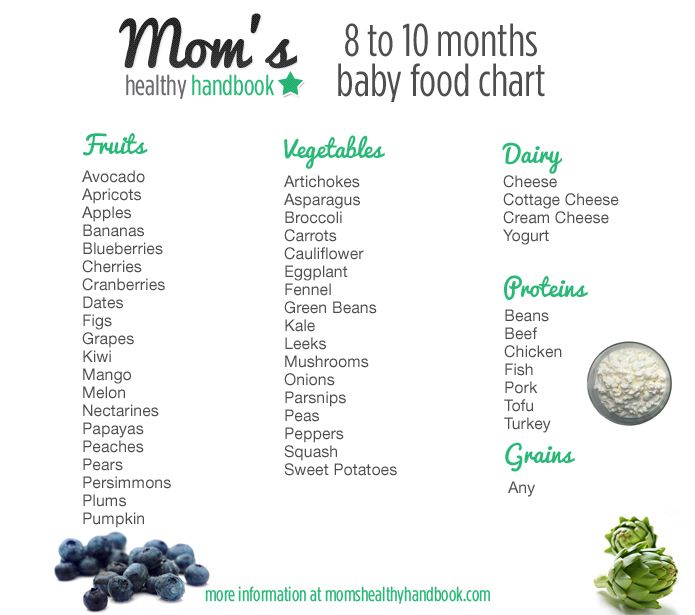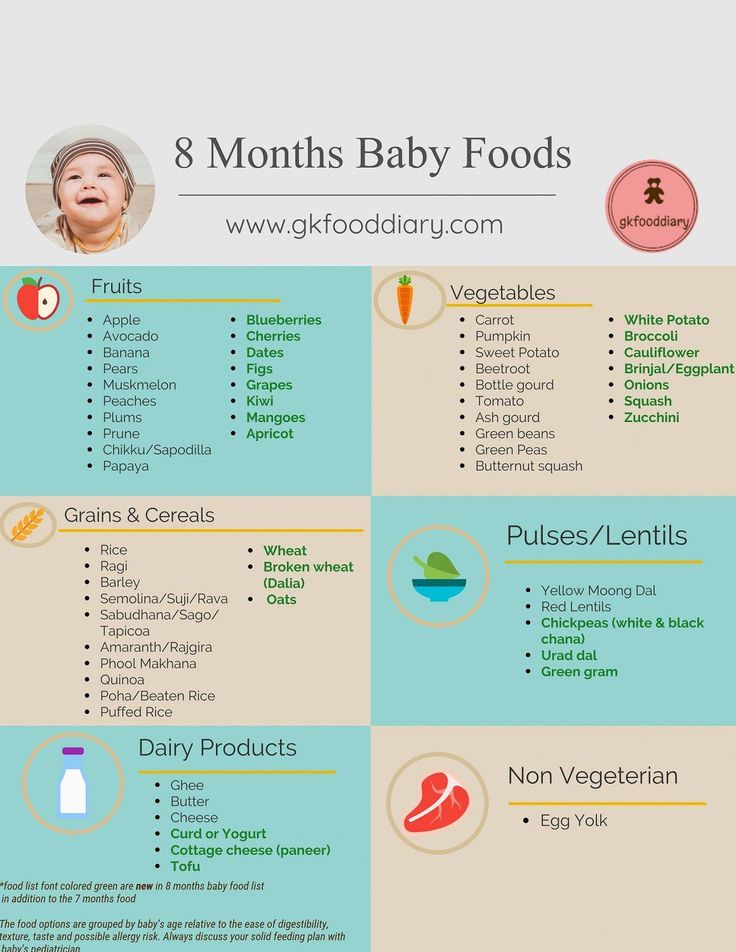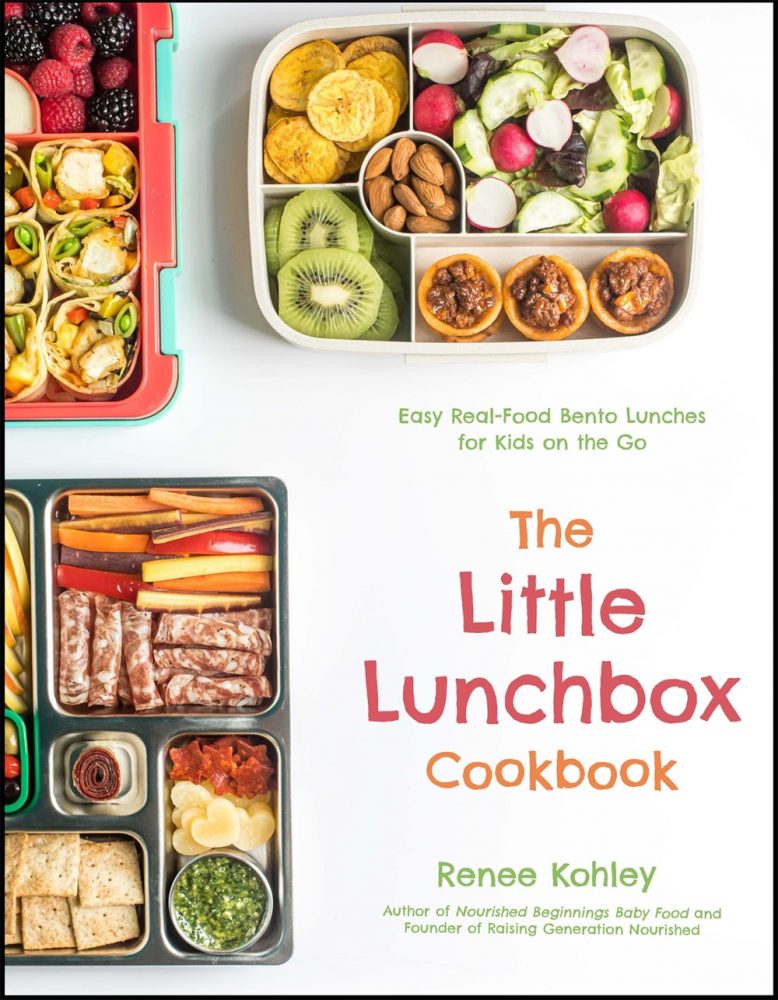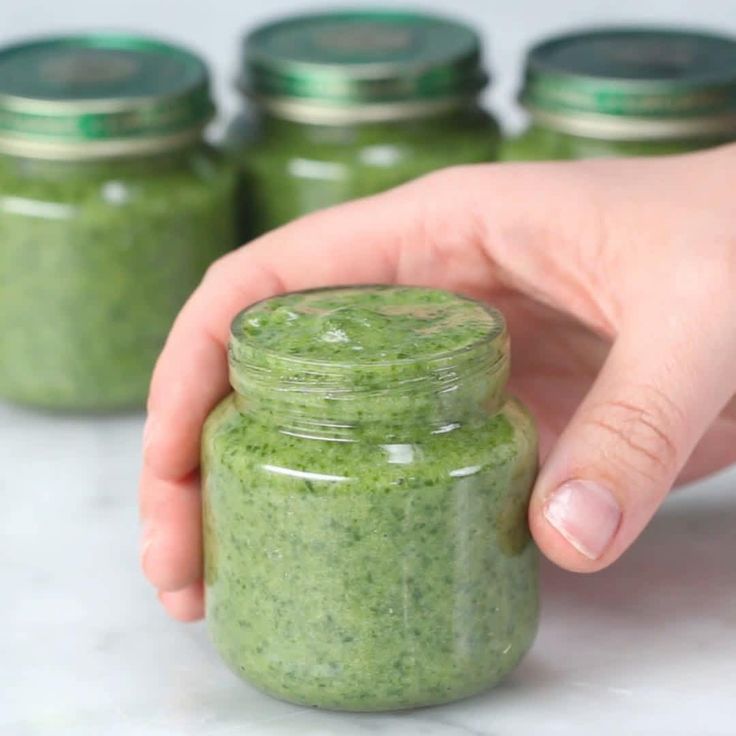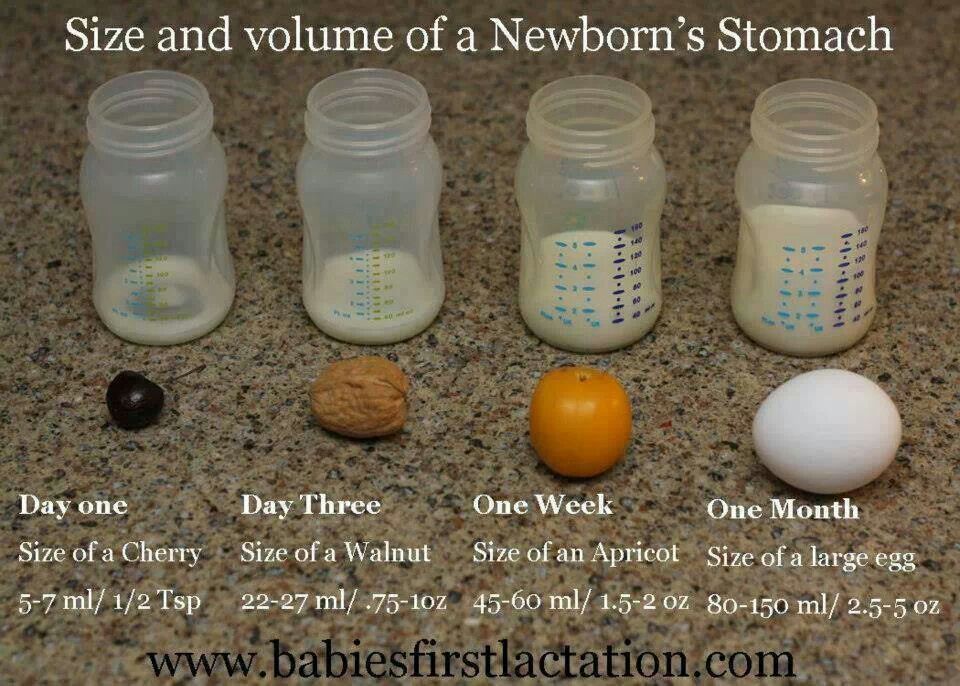Baby will not stop feeding
My Baby Wants to Breastfeed All the Time! Is This Normal?
Frequent Feeds Are Very Common!
In the first few days after birth, it is very common for newborns to feed constantly, probably around 12 or more times per 24 hours. Newborn babies drink very small amounts frequently in the first 1-2 days.
Most newborn babies only drink about a teaspoon (5-7ml) of colostrum at each feed on day one. This is just perfect as their tummy is about the size of a cherry and holds about 7mls at each feed on day one! Perfectly designed!
By day two you start to make a little bit more colostrum at each feed and this gradual increase in milk each day stretches bub’s tummy allowing them to drink more.
Colostrum is a sugary delicious drink but it is not jam-packed with fat at this stage, which means baby needs to keep feeding very often to stay full up.
Remember, every time your baby feeds it helps your breasts build your milk supply in the first month. As your milk increases in volume, from around day 3 onwards, you will notice your baby starts to have longer sleep periods of around 1. 5 – 3 hours mostly.
During the first month, newborn babies need to feed on average 8 – 12 times every 24 hours to ensure they are getting enough milk and that you stimulate the breasts enough to keep building your milk supply. One you have established a good milk supply in the first month you may find that your baby changes their feeding pattern again. Many mums report this happens around 6-8 weeks after birth.
After this first month, research has shown us that babies will breastfeed anywhere from 4-13 times every 24 hours, but most babies still feed on average 10-11 feeds every day.
Each mum and baby’s breastfeeding pattern is different and this is perfectly normal. It is just down to the levels of fat in your milk (and fat levels change throughout the day) and the amount of milk your breast can hold at each feed, as well as how your baby is feeling.
Babies Find Breastfeeding Relaxing
Most babies find breastfeeding very comforting and, just like if we feel upset a hug can do wonders.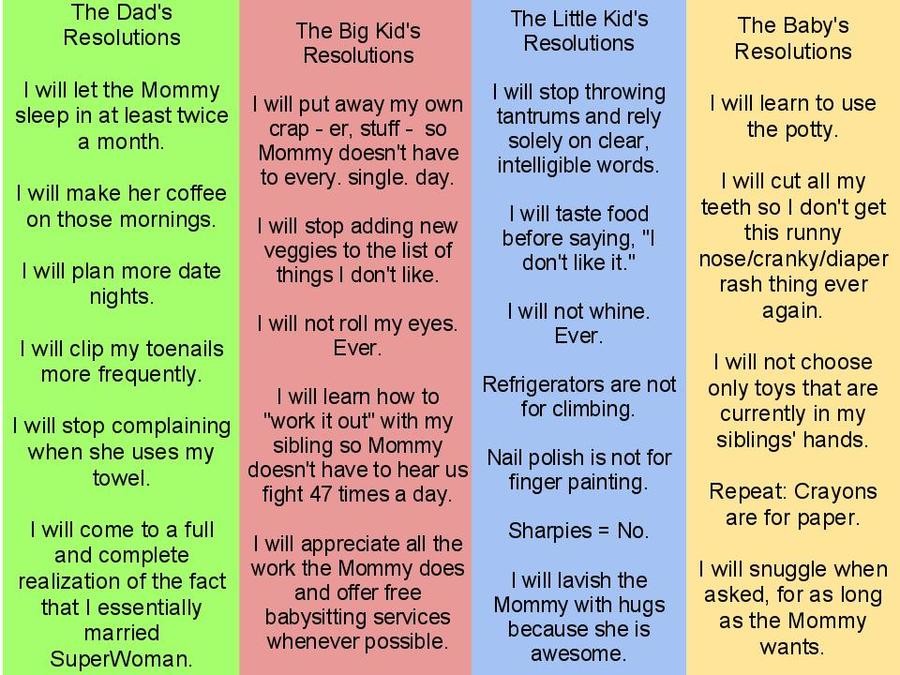 Likewise, a short extra breastfeed does the same for calming our babies!
Likewise, a short extra breastfeed does the same for calming our babies!
Do not compare yourself with another mum and baby’s feeding pattern. It will most likely be completely different from yours. Trying to “force” your baby into strict routines often brings with it tears and stress for mum and bub!
There are, of course, some mums who say that a routine was the best thing for their baby. But these babies are probably the very small percentage of babies who naturally feed every 4-5 hours and would’ve gotten themselves into a strict schedule anyway!
For most babies, a strict routine does not work! Try and go with the flow, listen to your baby’s cues for when they would like a feed and feed them. Just like us, they will not stick to the same “routine” every day.
I bet you didn’t have the same things to eat, in the same quantity, at the same time, with the same glasses of water, cups of tea or snacks as you have today! So why do we think this is normal for our babies?!
Cluster Feeds Continue After the First Few Days
Most mums report that their baby feeds frequently and is unsettled more so during the evening hours, most commonly between 6 – 10pm.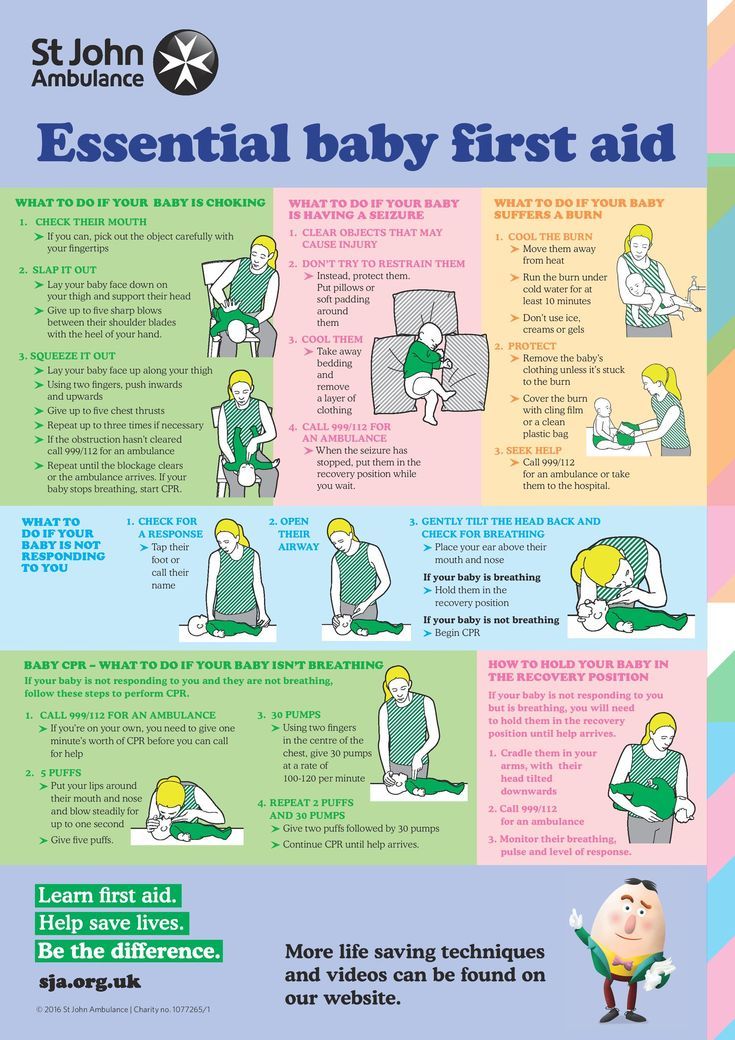 Mums often say that their baby wants to be held constantly and feed “all the time” and that baby cries when put down in their cot.
Mums often say that their baby wants to be held constantly and feed “all the time” and that baby cries when put down in their cot.
This is a very normal and common behaviour for babies who are otherwise content during other parts of the day, feeding and gaining weight well and are generally healthy.
Babies do have these periods of cluster feeding, often most present between 2 and 9 weeks of age, but of course some babies will have these periods for several more weeks and still be totally healthy.
Researchers think it is a developmental stage that all babies naturally need to go through. There are a huge number of processes going on in a baby’s brain in the first year. Babies can easily get overwhelmed or dysregulated in the first few months in particular.
Babies who are overtired or overwhelmed, find it hard to calm down by themselves in the first few months of life and need someone to help them. And what better way to be calmed than having a breastfeed, which of course is not just food, but also a pain reliever and a happy hormone giver!
Also, being held and rocked allows baby to feel safe and warm, like being back in the womb. So, it makes sense that they need to be held and fed so much in the evenings after a big day in the big wide world!
So, it makes sense that they need to be held and fed so much in the evenings after a big day in the big wide world!
Normal Can Still Be Tiring!
Even though this is normal, it doesn’t stop it being exhausting. So, it’s important to note how you are feeling and coping.
Some of us have another person around to help us out, whilst other new mums have to manage alone during the cluster feeds. Regardless of your situation, it is important to realise that cluster feeding is normal.
If you are responding to your baby by holding them and feeding them, yet they are still crying in-between feeds you are not causing harm to your baby, you are still showing them love and they will calm when they are able to.
The other thing to remind yourself is that this is temporary. It is important to not place any demands on yourself during these times. Try preparing dinner at times in the day when baby is sleeping well and just re heat and eat when you can during the cluster breastfeeds!
If you have support, share the holding and rocking of baby with another person to give you a break. If you do not have supports around at that time, listen to your instincts; if you are starting to feel like it is all too much and you feel worried that you are not coping, place your baby safely in their bassinet and walk away to calm down for a few minutes, before coming back to hold baby again.
If you do not have supports around at that time, listen to your instincts; if you are starting to feel like it is all too much and you feel worried that you are not coping, place your baby safely in their bassinet and walk away to calm down for a few minutes, before coming back to hold baby again.
You could also try knocking on the door of your neighbour, who you know and trust, and asking them to hold your baby for 15 mins or so to give you a break.
Most people will understand and, if they have children, they will have gone through the same themselves. Doing this will not harm your baby, but, will give you time to relax a little and recharge.
If you are finding that you are not coping during other parts of the day then it is important to talk with your GP or contact PANDA http://www.panda.org.au/ for some extra help and support.
If you are concerned that your baby’s crying seems abnormal and you are worried if your baby may be unwell. Please get first line advice from these helplines (below). They will be able to give you support and further guidance:
They will be able to give you support and further guidance:
Health Direct helpline (covers all of Australia) 1800 882 436
Maternal and Child Health Nurse 24-hour helpline on 13 22 29 (if you are in the state of Victoria)
Other Things Which Can Help to Relax Babies During Cluster Feeding Times
Skin to skin contact
Having a bath with your baby – only do this if you have another person to help you and baby in and out of the bath and keep you both safe.
“Rocking your pelvis like Elvis” – Whilst holding your baby, try some rocking and swaying moves whilst holding baby either upright, over your arm like superman or in a cradle hold. Each baby will be different in the positions they prefer. You Maternal and Child Health nurse can show you positions for holding and calming babies.
Carrying your baby in a sling. This keeps baby nice and close and creates a womb like environment.
As you rock your baby make a loud “shuuusssshhhh” noise.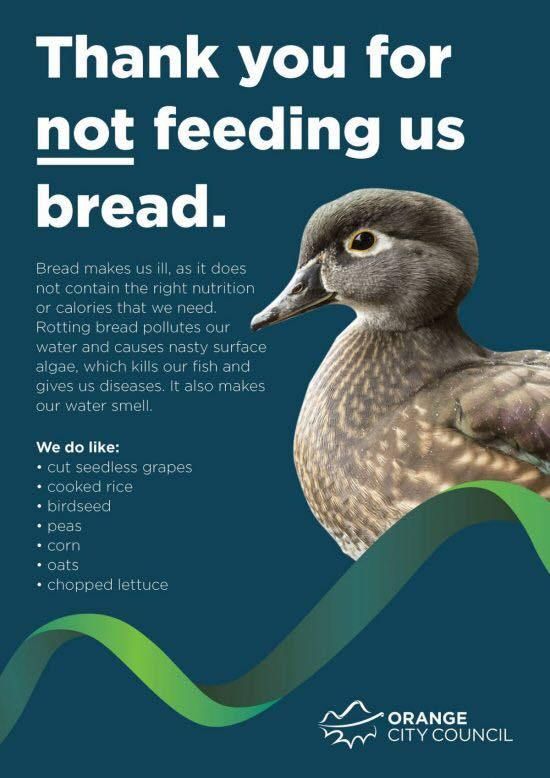 This is actually calming for babies as it mimics the sounds of being inside the womb.
This is actually calming for babies as it mimics the sounds of being inside the womb.
Try taking 5 deep breaths with your eyes closed before breastfeeding baby to ensure you are relaxed and not tense.
Make sure you get extra sleep in the day time, even if you don’t feel like it make sure you lay down in a darkened, quiet room to rest your body and brain. Over the next few days you’ll soon be drifting off to la la land easily.
Lastly, remember that you cannot spoil a baby by holding them too much. All the information about spoiling babies came out of textbooks written in the early 1900’s!
We have known for years and years that holding and listening to your baby’s needs is the best thing to do, yet we still hear this very bad advice! So listen to your gut instinct and cuddle, love and feed your baby as they need it. This phase will pass and get easier over the next few weeks.
For more information head over to our Medela Australia Facebook page.
Do you ever feel like your baby wants to feed all the time, especially at certain times during the day? Let’s have a chat and support each other!
Cluster Feeding Tips for New Moms – SheKnows
To best describe those first few weeks spent as a new mom, “overwhelmed” would be an understatement.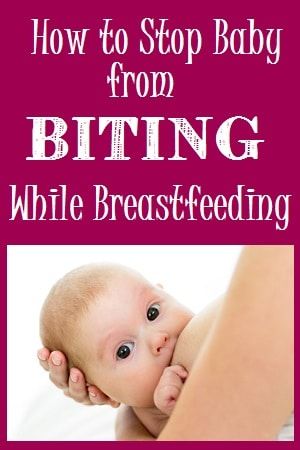 Losing sleep, changing diapers and trying to figure out what to do with a hungry baby who won’t stop eating? You can take comfort in the fact that you’re far from alone.
Losing sleep, changing diapers and trying to figure out what to do with a hungry baby who won’t stop eating? You can take comfort in the fact that you’re far from alone.
Related story This Traumatized Mom-to-Be Isn't Comfortable Breastfeeding & Reddit Has Her Back
When you feel like a human pacifier
Although plenty of new parents skip breastfeeding for a variety of personal or medical reasons, many still give it the old college try. The American Academy of Pediatrics recommends exclusive breastfeeding for the first six months of a baby’s life, and based on the latest CDC statistics available in the 2016 Breastfeeding Report Card, nearly 52 percent of new parents with mammary glands met that goal in 2013.
Do the math, and this breaks down into roughly half of new breast-having parents who may experience many of the hurdles that come with breastfeeding for the first time.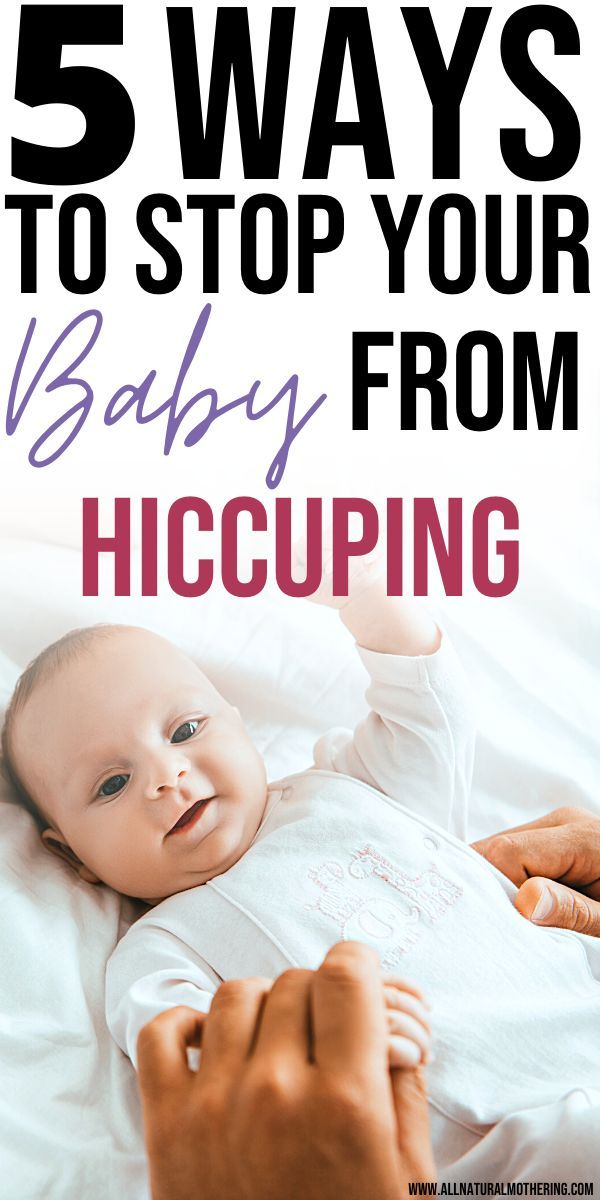 One of the biggest bumps along the way — that most don’t hear about until it happens to them — is a seemingly insatiable newborn who simply refuses to stop feeding.
One of the biggest bumps along the way — that most don’t hear about until it happens to them — is a seemingly insatiable newborn who simply refuses to stop feeding.
This “all-you-can-eat buffet” relationship with a new baby is perfectly normal, and it even has a name: cluster feeding. And according to private-practice lactation consultant Leigh Anne O’Connor, it can be considered a rite of passage for any new nursing parent.
More: The Benefits of Breastfeeding — for You, Not Just the Baby
What is cluster feeding?
O’Connor explains the difference between a cluster feed and a regular nursing session with a hungry baby: “[Cluster feeding] is when a baby nurses every 45 minutes or every hour a few times in a row. This is normal, and helps establish milk supply, gets a baby fed and helps make milk. One great benefit is that the baby typically sleeps a good stretch after a cluster feed.”
The reason so many nursing parents may not have heard of cluster feeding before is because it is a relatively new term for an old (and very normal) feeding behavior, says Wendie Howland, legal nurse consultant and life-care planner at Howland Health Consulting. “Breastfeeding babies have a great feedback loop with the breasts that feed them. A normal feed will leave about 10 percent of the breasts’ contents in the breast, called ‘hindmilk.'”
“Breastfeeding babies have a great feedback loop with the breasts that feed them. A normal feed will leave about 10 percent of the breasts’ contents in the breast, called ‘hindmilk.'”
Howland continues, “The hindmilk has a higher fat content (i.e., higher caloric content) for reasons that will make sense when you realize that as a baby grows, [his or her] feeding needs increase. On a day when the child is hungrier, the breasts get emptied more completely. The extra fat calories will sustain the baby, and if this goes on for a full day, the breasts increase overall production. Then the hindmilk is ready to accommodate the next growth spurt and its associated hunger spike. This is normal. It’s not concerning at all.”
If you’re the planner type who wants to know exactly when your newborn may ramp up on their tendency to eat, Howland breaks it down even further. Days of frequent, or clustered, feeding are normal and to be expected at Day Six and Day 15 of life, around 3 weeks old and intermittently thereafter.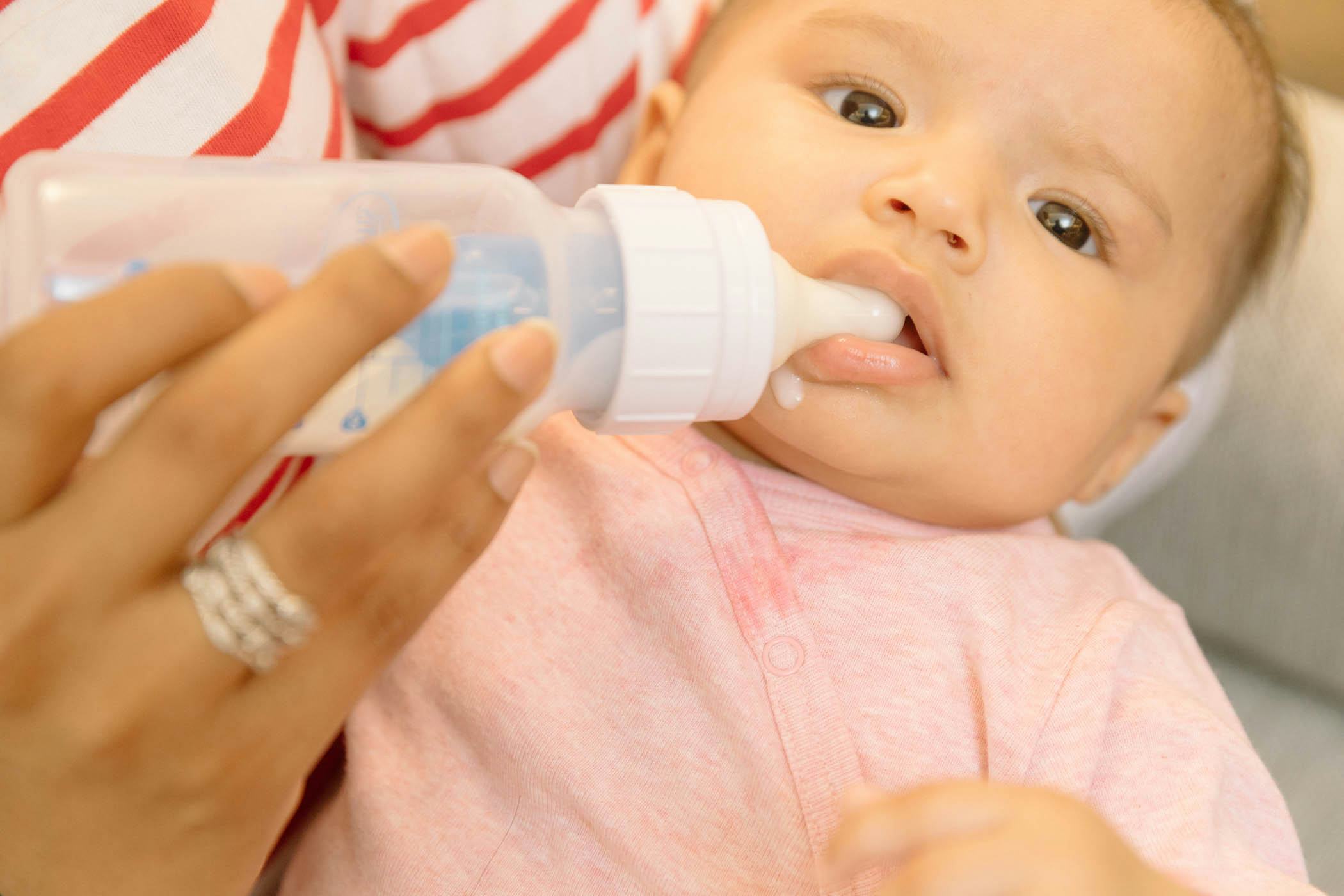 During a random day of cluster feeding, most mothers feel overwhelmed and worry that they don’t have enough milk — because they’ve spent an entire day fiercely nursing a newborn who can’t be satisfied.
During a random day of cluster feeding, most mothers feel overwhelmed and worry that they don’t have enough milk — because they’ve spent an entire day fiercely nursing a newborn who can’t be satisfied.
“Not to panic. This is normal, normal, normal,” says Howland. “Allowing the baby to nurse that much empties the hindmilk, thus teaching the breasts that the baby is growing normally and tells them to make more.”
More: Lauren Paul Opens Up About This Awful Breastfeeding Condition
When should you worry?
Considering that cluster feeding is a normal part of the new breastfeeding journey, there’s very little to worry about. In fact, Howland cautions the worst thing you can do during a cluster-feeding session is to try to disrupt the natural process by supplementing with formula. When that happens, she says, “the breasts don’t get emptied completely for a full day, they don’t make more milk than before, the baby still wants more, the mother thinks she doesn’t have enough and supplements, and before you know it, more calories come from a bottle than a breast, and the mother sadly abandons the idea. ”
”
In O’Connor’s opinion, there are only a few warning signals that could indicate cluster feeding has gotten out of hand. A baby who is literally attached to the breast all day long and does not settle between cluster-feeding sessions may have a feeding problem that requires a doctor’s care. A baby who feeds and feeds and still does not gain weight should also see a doctor immediately.
Still, O’Connor says, a new parent’s best bet is to give cluster feeding time. During expected growth spurts, a baby can cluster feed frequently for two or three days at a time. This will often be followed by a longer stretch of sleep for a growing baby — which means a little extra shut-eye for a new nursing parent who is exhausted from breastfeeding.
More: These Must-Haves Make Breastfeeding (Almost) Easy
Cluster feeding can be one of the most common sources of new-parent panic if you fear your baby isn’t getting enough to eat. Ever the voice of reason, Howland encourages new moms to take it all in stride.
“Wet diapers, poopy diapers, fontanel not depressed from dehydration? That baby is getting enough. And there will be more, plenty more, with more in reserve tomorrow. It’s hard when you’re a new mother, inexperienced, overwhelmed and sleep-deprived. Perhaps seeing a frequency day as a signal to sit/lie down, just be with your baby and do nothing else for a whole day isn’t such a bad idea. If this didn’t work, the human race would have died out a long time ago.”
A version of this article was originally published in February 2016.If the child does not eat well: what to do and what not to do
What to do if the child does not want to eat.
- Malyusik, well, one more spoon - and that's it! Last! I ate only two, let's have a little more, here's the most delicious piece for you! - says the average mother, offering a spoon with one hand, playing the accordion with the other, showing the trick with the disappearance of the handkerchief with the third, turning the cutlets over with the fourth, while doing somersaults on one leg.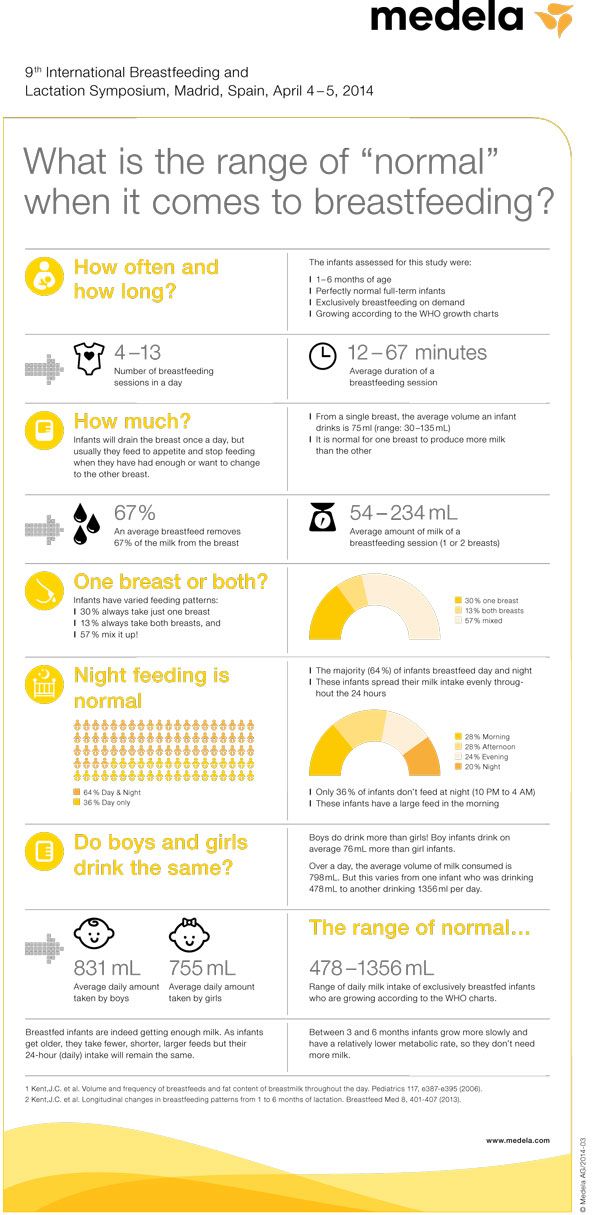
Sound familiar?
Every dad has an instinct to bring home food, and mom has to feed the baby food. And if he refuses to eat, a signal is triggered - "I'm a bad mother" or "the child is sick."
In this case, the most important thing for a parent to understand is whether the child DOES NOT WANT or CANNOT eat?
If the baby is running around, having fun and looking good, without showing any signs of illness, then most likely he does not want to eat. There can be many reasons:
- A breastfeeding child prefers milk and dairy products, intuitively understanding that he needs calcium, and now milk is healthier for him than soup. nine0016
- The child wants a cookie, not vegetables.
- He really wasn't hungry. For example, his metabolism is slow, breakfast has not yet been digested, and lunch is already being offered. Or the child was sitting in front of the TV after breakfast and his appetite had not yet had enough time to play out. Compared to the boy next door who was outside all day.
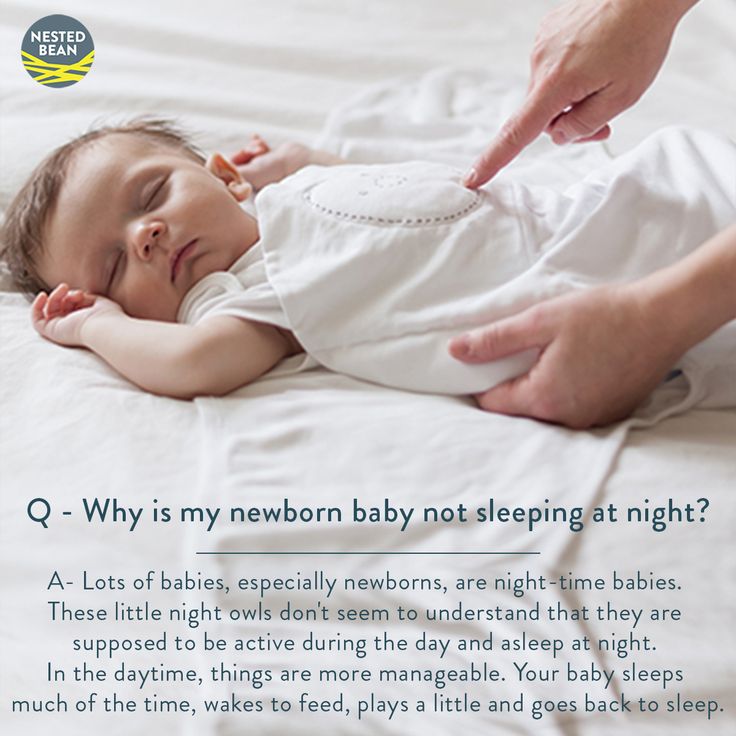
- If a child is not genetically destined to become Uncle Styopa, then he can eat much less than his peer, who has tall parents. nine0016
- Psychological problems. If earlier you accidentally gave your child a bitter cucumber, then he may refuse any green food. Or you yell at the child during the meal, and for him the food is perceived as a trauma.
If your child is lively, but at the same time he has a "bad appetite", then this is not his problem, but yours - the psychological problem of an unsatisfied instinct. If a child jumps, jumps, he has healthy nails, hair, etc., think less about what he lacks. Better think about something nice))
An active child = not a hungry child.
Wait for the natural desire and correctly distribute energy costs - walk more often, send the child to the sports section, or simply say: “If you don’t want to, take a walk, dinner is not earlier than seven and no snacks.” That is, if your child simply does not want to eat, normalize feeding - strictly at a certain time and without snacks.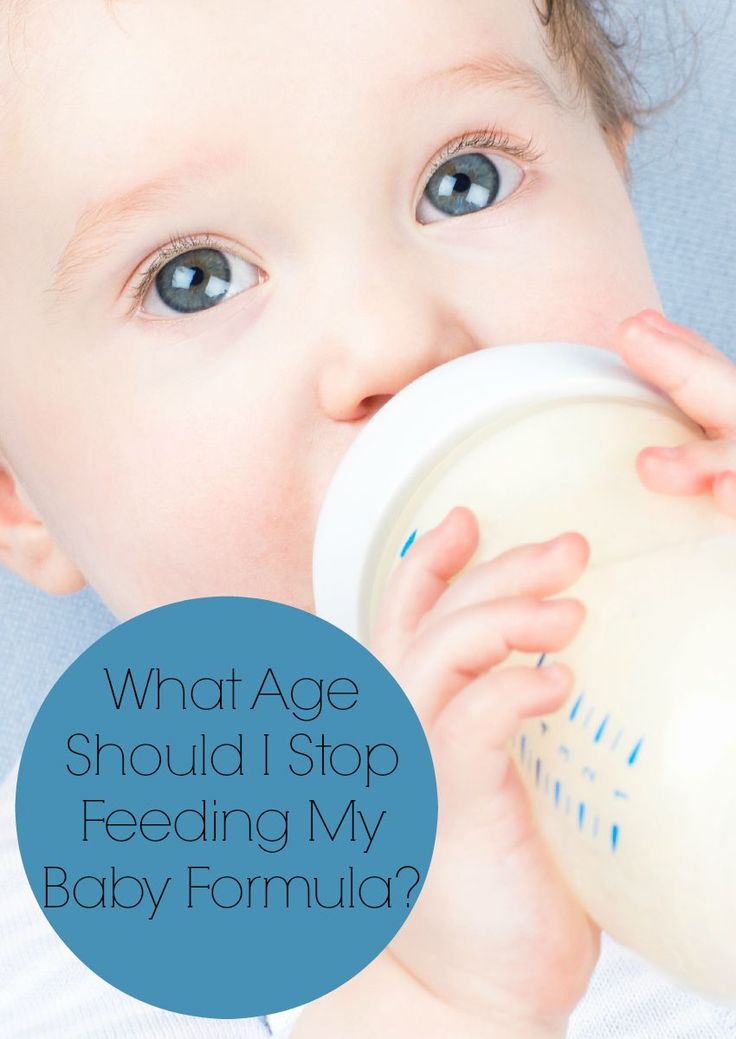 The body will get used to secrete gastric juice strictly according to the schedule.
The body will get used to secrete gastric juice strictly according to the schedule.
And one more thing. There are no rules about how much a child should eat. He can eat a kilo (and make you very happy) and 9Send 00 grams to the toilet. Or eat 100 g and learn everything.
But it is much more difficult if the child CANNOT eat.
Causes:
- If you are breastfeeding, you may have “tight breasts”, when it is very difficult for the baby to suck milk.
- The child has a runny nose, and when he eats, he begins to choke.
- Food hot, cold, sour, bitter.
- He has sores in his mouth (for example, from toys), and they hurt when food gets on them. nine0016
- Teeth are cut, gums hurt.
- Bowel problems. The stomach starts to hurt while eating.
- The child simply fell ill (cold, SARS, poisoning, influenza, etc.). If the child is sick, and he is not dystrophic, then you should not force him to eat. The body fights infections better when it's hungry.
 But be sure to drink.
But be sure to drink.
If a child at first shows appetite and interest in food, but refuses to eat through a spoon or two, then, most likely, the process of eating causes him certain difficulties. nine0003
If the baby CANNOT eat and you can't identify or eliminate the cause, the best thing to do is contact your pediatrician. The doctor will accurately determine the problem and give the necessary recommendations.
Our clinic has a wonderful pediatrician Yuliya Vladimirovna Sinyagina with 17 years of experience! You can sign up to her))
Bon appetit everyone! As well as strength, patience and satisfied instincts!
Back to article list
Nine reasons why a child does not want to eat
Komsomolskaya Pravda
Dom. FamilyMom and babyMom and baby: HealthHealth: parental advice
Anna GERASIMENKO
October 18, 2013 19:10
Small-minded or capricious? Are you afraid or just don't like it? Protests or never been hungry? We are sorting out with a psychologist why children may not have an appetite
- I won’t eat your porridge until you buy me a hundred thousand Barbie dolls! Photo: Mikhail FROLOV
“A spoon for mom, a spoon for dad . .. Eat porridge, otherwise you grow up… If you don’t eat, we won’t allow you to watch the cartoon…” With persuasion, threats, tricks, with songs and dances, parents try to feed their kids. Studies show that 20 to 60 percent of preschool and school-age children have nutritional problems. More than half of 4-5-year-olds are considered small-toddlers, and among nine-year-olds, 48 percent of children do not eat well. nine0003
.. Eat porridge, otherwise you grow up… If you don’t eat, we won’t allow you to watch the cartoon…” With persuasion, threats, tricks, with songs and dances, parents try to feed their kids. Studies show that 20 to 60 percent of preschool and school-age children have nutritional problems. More than half of 4-5-year-olds are considered small-toddlers, and among nine-year-olds, 48 percent of children do not eat well. nine0003
Feeding problems in childhood can lead to growth failure, eating disorders, and learning difficulties in the future. Why don't they eat? Someone doesn’t need much, someone is bored or anxious at the table, someone plays on mom’s nerves like that, and someone can’t do without the help of a neurologist. Together with psychologist Natalya Petrovna GRISHAEVA let's try to figure out what problems can deprive a child of appetite?
REASON 1 Classic little baby. He is thin, all in the parents. And he doesn't need a lot of food. nine0082 WHAT TO DO: Watch your weight, consult a pediatrician and try to "invest" all the necessary vitamins into that small amount of food.
nine0082 WHAT TO DO: Watch your weight, consult a pediatrician and try to "invest" all the necessary vitamins into that small amount of food.
REASON 2 Protest. The most common reason. Even adults express their protest by hunger strike. The subtext is simple - I will die if you do not do what I want. Children have similar blackmail - pay attention to me! But the reasons for the protest may already be different: - The child attracts attention. Perhaps the situation in the family is not easy - mom and dad are arguing, or divorce, or parents are always at work and devote too little time to the child. "I'll stop eating and they'll notice me." - The child in the family is adored and pampered. He is capricious, selfish and used to being able to behave as badly as he likes, they will forgive him anyway. But children have a sense of inner justice. And in the soul, the child wants to be paid attention to his leprosy, so that everything is “like with people” - he was guilty - punished. He knows what disobedience, like refusing to eat, parents will not be able to forgive. - In the family, the heir is treated too strictly or even cruelly. Everything is forbidden to him, he is scolded for everything. How can a child punish a parent? In their own ways - do not sleep, "walk" in your pants or not eat. nine0003
He knows what disobedience, like refusing to eat, parents will not be able to forgive. - In the family, the heir is treated too strictly or even cruelly. Everything is forbidden to him, he is scolded for everything. How can a child punish a parent? In their own ways - do not sleep, "walk" in your pants or not eat. nine0003
WHAT TO DO: Do not be frightened, do not beg, do not do everything that asks, do not threaten, but figure out why the child is protesting? What's wrong?
REASON 3 The child is not comfortable at the table Maybe he is forced to eat with a knife and fork, or he is constantly scolded for eating ugly or carelessly. Maybe someone at the table is chomping, and it’s just unpleasant for the baby to watch - the appetite disappears. Maybe at the table, mom and dad usually start to sort things out. nine0003
WHAT TO DO: Take care of yourself and postpone all quarrels, do not scold the baby when he squishes, but praise him when he holds the fork beautifully. If the baby is uncomfortable eating with someone who is squishing, feed him separately, it's okay. And do not scold the little one if it gets wet or dirty - it’s better to put an apron on the eater in advance, cover your knees with a napkin - let him enjoy the taste of food without worrying about the rules of etiquette yet.
If the baby is uncomfortable eating with someone who is squishing, feed him separately, it's okay. And do not scold the little one if it gets wet or dirty - it’s better to put an apron on the eater in advance, cover your knees with a napkin - let him enjoy the taste of food without worrying about the rules of etiquette yet.
REASON 4 I'm used to eating with amusements While a child picks pasta in a plate, dramas and comedies are played out at the table by mom-dad, grandparents. Songs, dances, puppet theater, cutlets are drawn on the board and crossed out with each bitten piece. The child gets used to being entertained, and simply eating is no longer interesting for him. The same with cartoons. Of course, it is easier for parents when a child, having looked at the TV, crushes everything without looking. For children, the process of eating may seem boring - you have to sit, you have to try to wield spoons and forks, it seems to them that they are just wasting time, and it is much more fun to “spend” it with cartoons.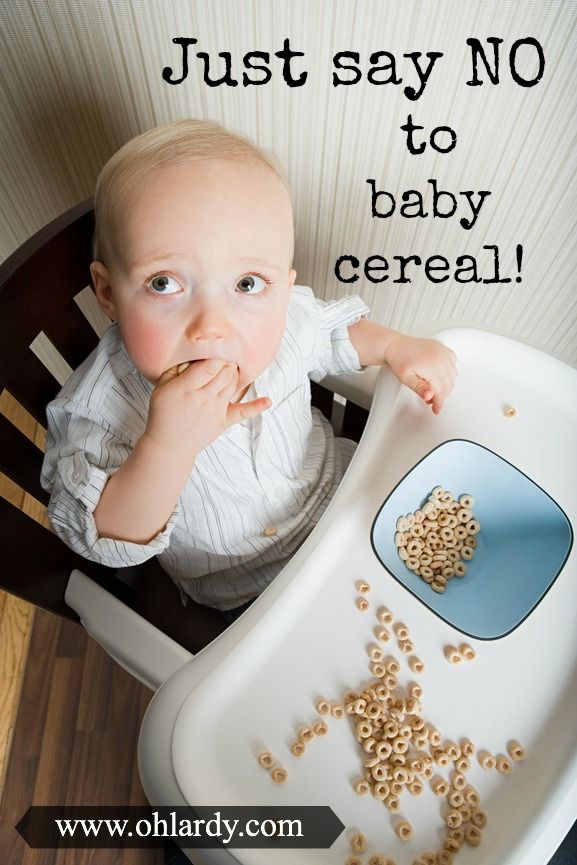 nine0003
nine0003
WHAT TO DO: Do not distract from food and do not eat in front of the TV. It is better to chat during lunch or dinner, come up with a ritual, for example, you tell each other about your best moments of the day at the table, or give each other advice. Doctors are sure that it is important not to be distracted from food so that it is properly digested, and you get all the energy you need.
REASON 5 Fear As a rule, these are neurotic reactions caused by some events that frightened the child while eating. For example, a fish bone is stuck in the throat or the baby vomited when he ate something, etc. The child may not remember what exactly scared him, but the “sediment” remained. nine0082 WHAT TO DO: Do not force, do not shame, do not scold. Understand, look for the cause. And then, it is desirable to get rid of fear together with a psychoneurologist.
REASON 6 Not tasty Such children are called capricious, but perhaps they eat only the usual food - pasta and sausages or potatoes and chicken.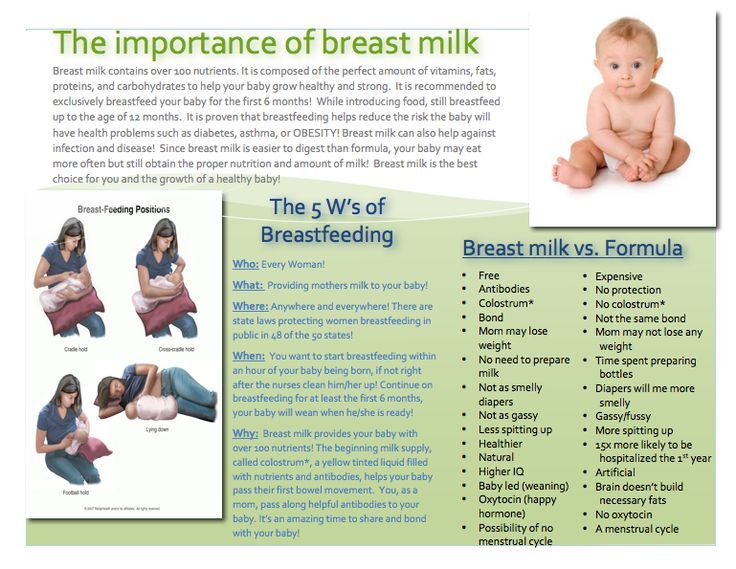 .. Arriving at a hotel or visiting someone, the baby does not find his own food and can refuse any other. WHAT TO DO: Try to regularly introduce your baby to new products from childhood. Do not bring sausages with you to visit, look for a compromise. Patient and playful. Invite your child to look in the refrigerator and choose their own food. He doesn’t like vegetables - make soup puree, try to cut out figures from cucumbers and carrots, fruits can be turned into cocktails, come up with funny names for everything, involve even the smallest gourmet in cooking. Very often, children agree to try a new unfamiliar dish at a party, when everyone else eats it with appetite. nine0003
.. Arriving at a hotel or visiting someone, the baby does not find his own food and can refuse any other. WHAT TO DO: Try to regularly introduce your baby to new products from childhood. Do not bring sausages with you to visit, look for a compromise. Patient and playful. Invite your child to look in the refrigerator and choose their own food. He doesn’t like vegetables - make soup puree, try to cut out figures from cucumbers and carrots, fruits can be turned into cocktails, come up with funny names for everything, involve even the smallest gourmet in cooking. Very often, children agree to try a new unfamiliar dish at a party, when everyone else eats it with appetite. nine0003
REASON 7 Doesn't eat to please mother. For example, it’s time for mom to go to work, but she doesn’t want to, and she says this: “I can’t send Petya to kindergarten, he DOES NOT EAT ANYTHING, I will have to sit at home with him.” And Petya shakes his mustache and does not eat, as his mother “programmed”.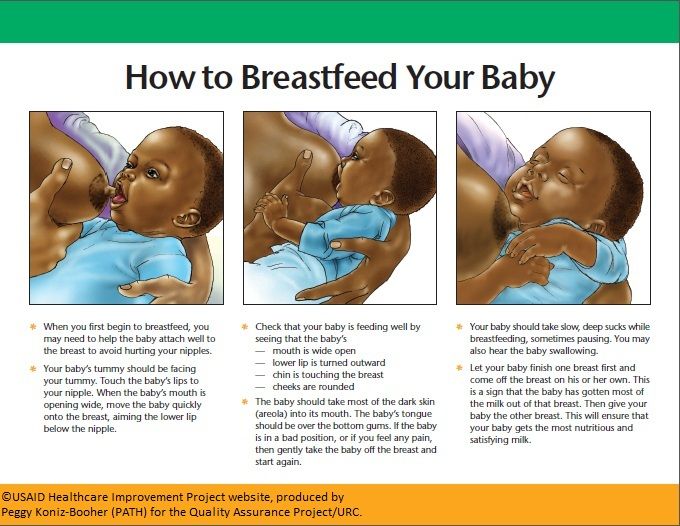 Or another option - the mother wants to show everyone that her child is special. WHAT TO DO: Parents to deal with their own fears and complexes.
Or another option - the mother wants to show everyone that her child is special. WHAT TO DO: Parents to deal with their own fears and complexes.
REASON 8 In the family, the cult of food Meals in your house are given too much importance. Mom cooks dinner, and this is an event. Did the child not eat? Catastrophe! Ate? Happiness! The kid quickly realizes that since food is so important, he can control his parents with the help of ate or did not eat. WHAT TO DO: Do not pay so much attention to whether the child is full or not, do not turn lunches and dinners into events. Snack on the road, sometimes skip meals, like all normal people.
REASON 9 Never been hungry The child does not understand that food can bring joy, he was never hungry, did not wait for dinner, did not dream of soup, because his parents constantly push food into him before he gets hungry. WHAT TO DO : Try not to feed the baby.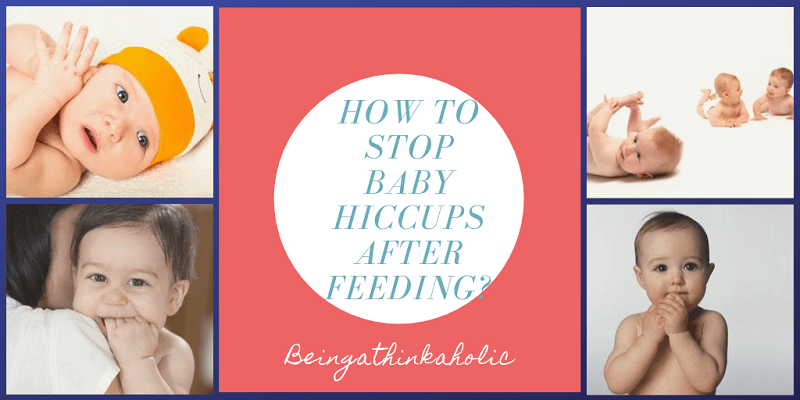 Accept his food refusals. Wait until he asks for food. Or create an unexpected situation - an empty refrigerator, there is nothing to cook for dinner. There is only, for example, potatoes. The child will want to eat and learn to appreciate the simplest dishes. nine0003
Accept his food refusals. Wait until he asks for food. Or create an unexpected situation - an empty refrigerator, there is nothing to cook for dinner. There is only, for example, potatoes. The child will want to eat and learn to appreciate the simplest dishes. nine0003
Age category of the site 18+
The online edition (website) is registered by Roskomnadzor, certificate El No. FS77-80505 dated March 15, 2021.
EDITOR-IN-CHIEF OF THE SITE - KANSK VICTOR FYODOROVICH.
THE AUTHOR OF THE MODERN VERSION OF THE EDITION IS SUNGORKIN VLADIMIR NIKOLAEVICH.
Messages and comments from site readers are posted without preliminary editing. The editors reserve the right to remove them from the site or edit them if the specified messages and comments are an abuse of freedom mass media or violation of other requirements of the law. nine0003
JSC "Publishing House "Komsomolskaya Pravda". TIN: 7714037217 PSRN: 1027739295781 127015, Moscow, Novodmitrovskaya d.

